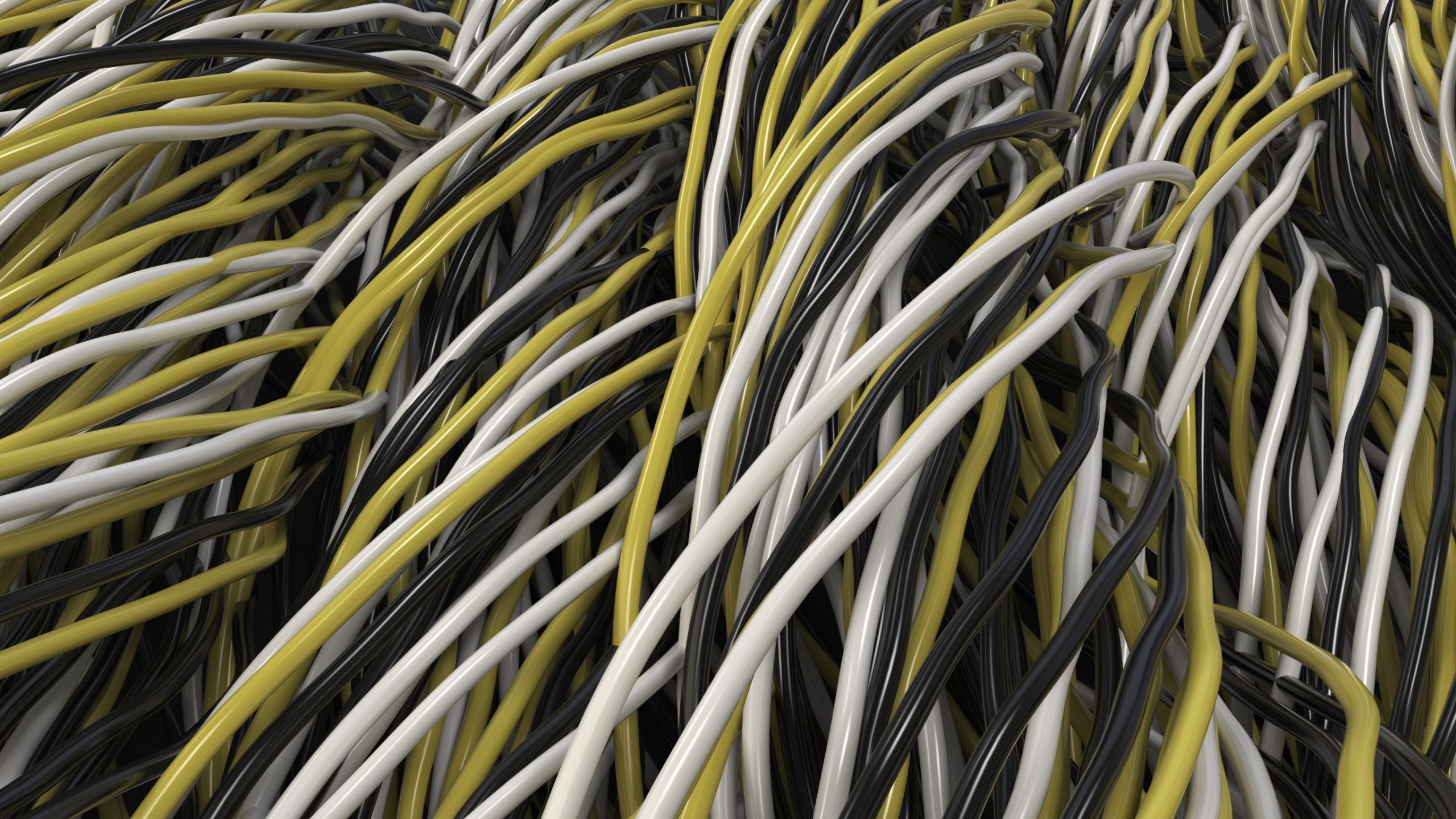
Recycling old cables can help meet the copper demand for green technology
BY THE OPTIMIST DAILY EDITORIAL TEAM UK households are sitting on a hidden treasure: millions of unused cables that may help meet the soaring worldwide demand for copper. According to the Recycle Your Electricals initiative, there are over 627 million unused cables in UK households, totaling Read More...

Got old electronics? Here’s how to dispose of them properly
Do you have a digital camera? Do you still use it, or does it sit quietly in a desk drawer, out of a job thanks to your iPhone? With the rate at which technology advances these days, chances are we all have old gadgets that are now obsolete or that we just don’t use anymore. Despite the amount of Read More...

New Zealand’s new machine revolutionizes its e-waste recycling
Many of us might not consider what effect our computers and other devices have on the world once we’re done with them. There are a lot of consumers demanding the right to repair, and rightly so. Our smart devices have hazardous materials which can be very harmful to the environment and people if Read More...

Samsung will now make it easy for Galaxy users to repair their own devices
In November of last year, Apple announced that it will start making spare parts for Apple products so its consumers could repair their products at home. This has spurred on competition in their main competitor, Samsung, who has unveiled its own plan to enable customers to repair their own devices Read More...

E-waste: Crucial “right to repair” laws have come into force in the EU
In an effort to cut the environmental impact of electronic goods, the European Union passed a law in 2019 that would force companies that sell products such as TVs, hairdryers, and refrigerators to ensure that those appliances can be repaired for up to 10 years. This week, the law finally came into Read More...

4 simple ways to reduce your everyday waste
We all want to reduce our personal footprints, and a big part of this is reducing the amount of waste we produce at home. Today we bring you four strategies for reducing waste in commonly-wasteful areas of your life: Electronics, food, bedding, and the garden. Is it repairable? A high Read More...

Easy-to-repair Fairphone raises the bar for sustainable smartphone design
Current smartphone manufacturing methods have a hefty carbon footprint. These poor environmental credentials are only worsened by yearly device releases and hard-to-repair phones, contributing to an already overwhelming amount of e-waste. Some of the carbon-intensive components inside the device, Read More...

“Mount Recyclemore” brings attention to the dangerous issue of e-waste
The leaders of the world’s leading democracies who attended the G7 Summit in Cornwall last month were welcomed by a statement art installation called “Mount Recyclemore.” The piece featured the likeness of each of the seven world leaders in attendance, all made from discarded electronics. To Read More...

E-waste: Scientists develop the world’s first fully recyclable transistor
One of the main reasons why so many electronics end up as e-waste instead of getting recycled at the end of their life is the fact that it’s really difficult to separate and recover the valuable materials that make them up. Now, a new technique developed by scientists at Duke University may help Read More...

France introduces “repairability index” to bring circularity to electronics
These days it’s all too common to have a drawer of discarded cell phones and other broken electronics in our homes, but if we want our economy to become truly circular, we will have to come up with innovative ways for these electronics to be repaired and reused when they get damaged. To achieve Read More...


